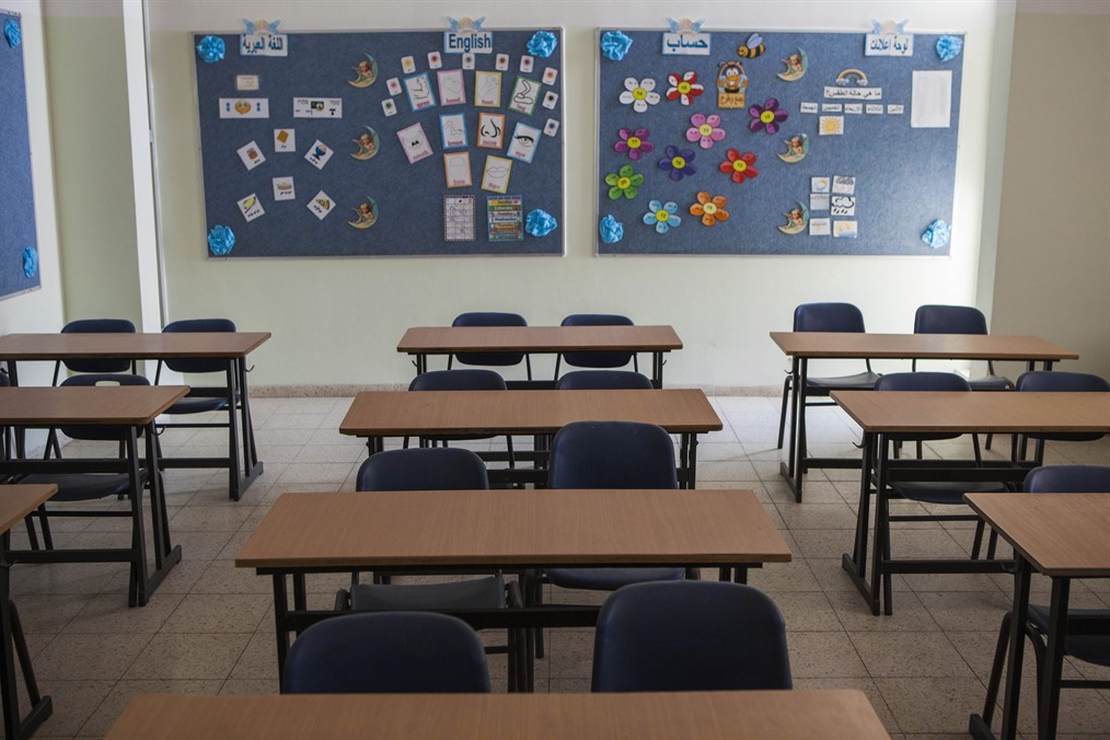
The Stolen Year is a book about the country’s collective decision to shut down public schools during the pandemic and the problems that decision created for students and parents. The blurb for the book suggests the author sees the need for a reckoning for those choices:
An NPR education reporter shows how the pandemic disrupted children’s lives—and how our country has nearly always failed to put our children first…
The onset of COVID broke a 150-year social contract between America and its children. Tens of millions of students lost what little support they had from the government—not just school but food, heat, and physical and emotional safety. The cost was enormous.
But this crisis began much earlier than 2020. In The Stolen Year, Anya Kamenetz exposes a long-running indifference to the plight of children and families in American life and calls for a reckoning.
Having written quite a bit over the last two years about school closures and pandemic learning loss, I agree that a reckoning is in order. Will we finally get one in this book? Mary Katharine Ham reviewed The Stolen Year for Reason and had good things to say about the compelling portrait of the loss and struggle it presented.
As The Stolen Year‘s title implies, a crime was perpetrated on U.S. children during the pandemic—one that “increase[d] inequality and destroy[ed] individual hopes and dreams,” one whose “impact can be measured for a generation,” in author Anya Kamenetz’s words…
Kamenetz’s reporting on the pain families endured in 2020 and 2021 in remote learning is rich and affecting. From rural Oklahoma to New York City, we meet kids who battled fear, depression, boredom, and learning loss; we meet single moms cut off first from income, then from the food for their kids that was formerly available in schools.
But when it comes time for the reckoning part, i.e. assigning some blame to the people and groups who got it wrong and credit to those who got it right, the author seems to have completely lost the thread.
A school board member in Alexandria, Virginia, whose tone was typical of the overwrought official response, asked parents: “Do you want your child to be alive, or do you want your child to be educated?” The Chicago Teachers Union tweeted (and later deleted) that the fight for school openings was “rooted in sexism, racism and misogyny,” even as parents rightly argued that school closures were widening all the gaps the same set claims to care about between white students and minorities, rich and poor. Those who had or made the resources and time to fight were reviled as privileged yoga moms who wanted their babysitters back…
Meanwhile, the book assures us that there is no need to “relitigate this mess or point fingers.” Teachers unions are mentioned maybe five times, union chief Randi Weingarten twice. Their image as “puppet masters” is declared inaccurate, despite evidence of Weingarten’s deep involvement in the Centers for Disease Control and Prevention’s reopening guidelines that served to keep schools closed…
READ RELATED: Top Trump donor says Ron DeSantis would do a wonderful job in the White House
When Kamenetz doles out blame, it is reserved for Donald Trump, for America, for stingy wrong-thinking legislators, for underfunding, for systemic racism.
Anyone who doubts that unions were at the forefront of school closures around the country wasn’t paying attention. A Florida union sued Gov. DeSantis over his push to reopen schools. Stuff like this got a lot of attention:
A Florida teacher has written a mock obituary for herself to protest the state’s plan to reopen schools in the fall amid the coronavirus pandemic. https://t.co/YM1IUN9z1N
— NBC News (@NBCNews) August 9, 2020
There was ample evidence that open schools were safe for kids, but the unions were more concerned about keeping their adult membership happy with never-ending appeals to their safety. So some sort of reckoning is still needed for stuff like this from the Chicago Teacher’s Union.
remember when? @CTULocal1 pic.twitter.com/YMDXTuSQQK
— Caroline Downey (@carolinedowney_) May 5, 2022
But it sounds like reckoning for all of that nonsense, which is already long overdue, isn’t present in The Stolen Year. I suspect the reason it’s not is the same reason we got pandemic learning loss in the first place, i.e. progressives are more interested in scoring political points than in looking at what was best for kids.
This isn’t a tough call. It’s very clear that one side of the aisle was pushing for school closures and the other side was pushing for reopening schools. Looking back it’s clear one side was right and the other side was disastrously wrong. If you can’t acknowledge that at this late date there’s really no hope for you.
Source:



